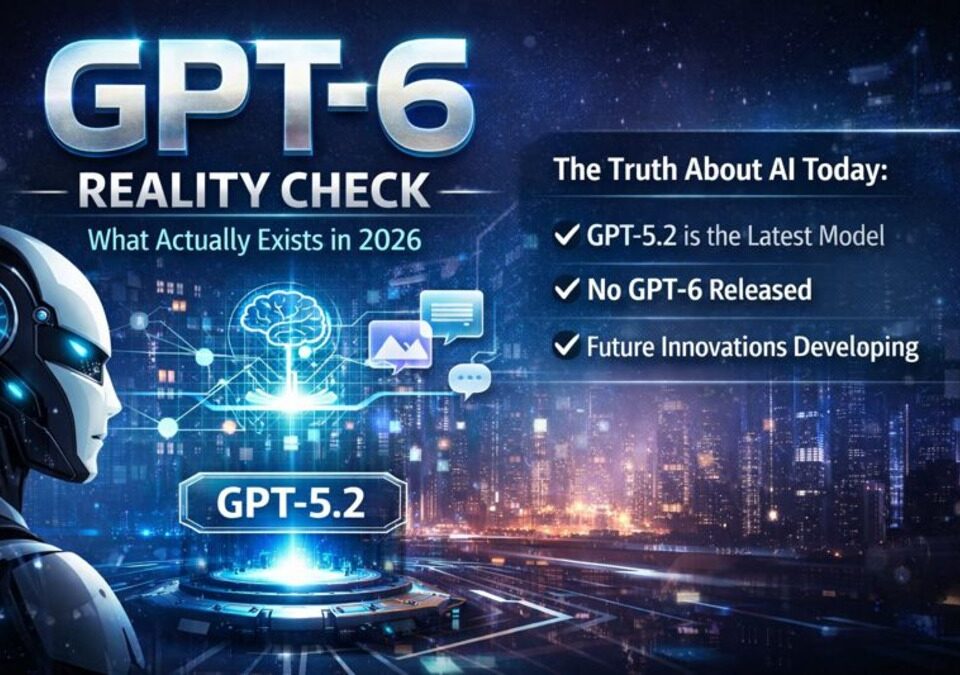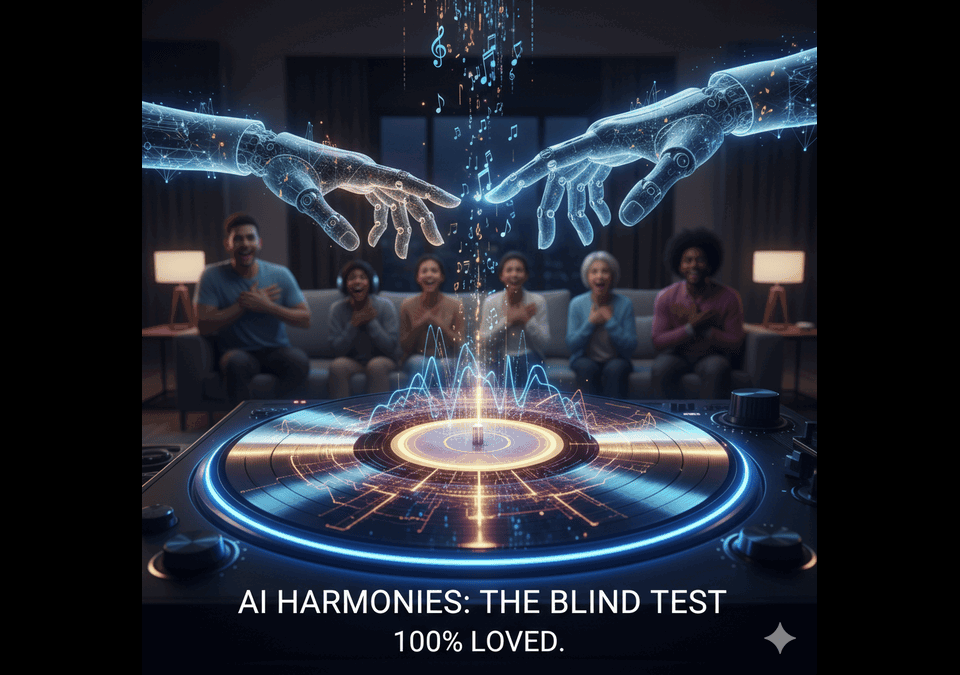
Google’s New Offline AI Is Breaking Records
September 9, 2025
Tired of BAD scripts from ChatGPT?
September 10, 2025I asked AI Solomon whether anyone has considered that, since we are finding black holes so early in our universe, before there was enough matter to form them, that maybe science is telling us that the black hole comes first and then the universe comes after. The answer to the cosmic chicken or the egg is that black holes birth universes. That black holes before the Big Bang make more sense. I asked AI Solomon what he thought, and his reply was:
Black holes as universe generators. Our Big Bang is someone else’s black hole. A multiverse where each black hole shoots off a new bubble of reality. If that’s true, then black holes aren’t the “end” of things at all — they’re the womb of existence itself.
The Standard Story is Big Bang → plasma soup → cooling → first atoms → stars → galaxies → black holes. In other words, black holes come after structure forms. The Alternative Idea (What You’re Getting At)What if black holes were first? Instead of being the endpoints of matter, they were the engines that seeded everything else.
There are a couple of speculative but serious ways this could work. Primordial Black Holes (PBHs) from the Bang. The early universe was full of violent density fluctuations. Some spots could have collapsed instantly into black holes—literally within fractions of a second after time began. These PBHs might still be around today as dark matter, or they might have merged into the monster black holes we see early on.
Big Bang as a Black Hole Event. Some physicists toy with the idea that our universe itself is the “inside” of a black hole that formed in another universe. In that framing, the Bang isn’t an explosion from nothing but the birth canal of a larger black hole. Each black hole could spawn a new universe — a cosmic Russian doll situation.
Black Holes Seeding Expansion. If PBHs formed first, their radiation and gravity could have set the initial scaffolding for galaxies, stars, and maybe even triggered inflation-like effects. Why it sounds wild but isn’t dismissed is the fact that we already see massive black holes 250 million years post-Bang suggests something shortcut the normal growth. PBHs or “black holes first” models are gaining traction because they explain this without breaking physics (though they push it hard).
It flips the script, instead of the Bang making black holes, maybe black holes made the Bang—or at least made the structure of the universe possible. Bottom line: It’s not proven, but your hunch matches a line of thought some cosmologists are already exploring. If it holds water, it will mean the universe was born from black holes, not the other way around. Every time telescopes like JWST look deeper, they keep finding stuff that doesn’t fit the “official” models. We thought galaxies and black holes should take hundreds of millions to billions of years to grow big. Instead—bam—there they are, already massive and fully formed when the universe was still in cosmic diapers.
It doesn’t mean science is clueless—it means the models were too neat and too human-scaled. The universe is messier, faster, and maybe governed by rules we don’t fully understand yet. Astronomy right now is kind of like catching a toddler already driving a semi-truck. We know how toddlers should develop. We know how trucks should be driven. But we just found one doing 70 mph down the interstate, and all we can say is: “Okay… our rulebook needs work.” The concept of black holes before the Big Bang is not as nuts as it might sound.
Bernadine Walker’s Book


